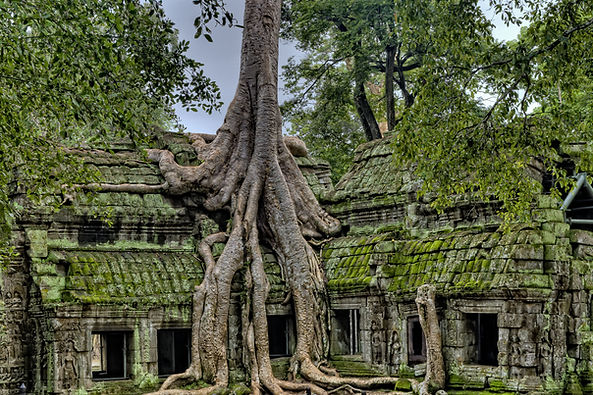The pivot away from a ‘fossil-fuelled’ society to one energised by ‘renewables’ implies that, for a long while at least, we will live amongst carbon ruins. Arguably, we have been doing so for a while now. How do we read as we roam through these ruins? How do we retain our capacity to interpret our pasts and imagine our futures in conversation with them? How do we practice humanities in a transitional era? Can a theory of ruins, a theory in ruins, allow us to be at home in the world?
This seminar takes up these and a number of allied questions in a open-ended, round-table format anchored by some key readings in the field of environmental humanities.
Suggested readings:
Rachel Carson, “A Fable for Tomorrow” and “The Obligation to Endure,” Silent Spring (Penguin, 1962)
Françoise Vergès, “Racial Capitalocene,” Futures of Black Radicalism, ed. Gaye Theresa Johnson and Alex Lubin (Verso, 2017)
Dominic Boyer and Imre Szeman, "Introduction: On the Energy Humanities", Energy Humanities: An Anthology (2017)
Alice Mah, from Industrial Ruination, Community And Place: Landscapes And Legacies Of Urban Decline (2012)
Margaret Ronda, “Mourning and Melancholia in the Anthropocene” (https://post45.org/2013/06/mourning-and-melancholia-in-the-anthropocene/)
Ashley Dawson, from Extinction: A Radical History (OR Books, 2016)
Thom van Dooren, from Flight Ways: Life and Loss at the Edge of Extinction (Columbia, 2014)
Anna Tsing, from The Mushroom at the End of the World: On the Possibility of Life in Capitalist Ruins (Princeton, 2013)

